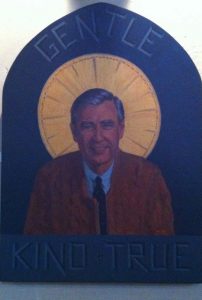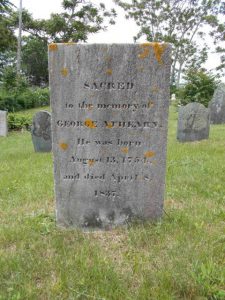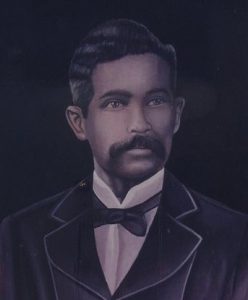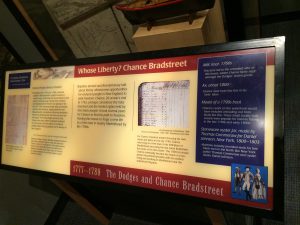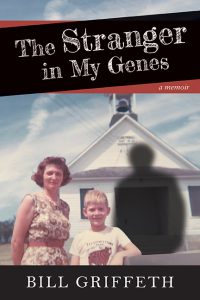
61 Bowdoin Street, Boston, Sunday, 18 June 1865: Our summer plans are still in abeyance. Dr. & Fred. Gray[2] went down to see what could be done for us at Pigeon Cove,[3] and came back entirely dissatisfied with the place. The best houses there are kept by Mrs. James Edmonds, Mrs. Elisha Edmonds, Mrs. Story, & Mrs. Babson. [The] rooms are small, the terms high, no beach for bathing – bathe in holes off the rocks, and hold on by ropes!! Mrs. Morland,[4] who has boarded at Marion, says it is very hot & sultry there.
I have written to Mrs. Martin at Manchester – but I know she will not take us, and if she does … she will starve us; but that we can bear, I suppose, and guard against. Her house is charming – and I would gladly risk the table for the sake of getting a place for Mary Shober[5] on that lovely Manchester shore; and I think the boys would have a good time too, though they do say Manchester is “played out.” Continue reading ‘All in the dark’
